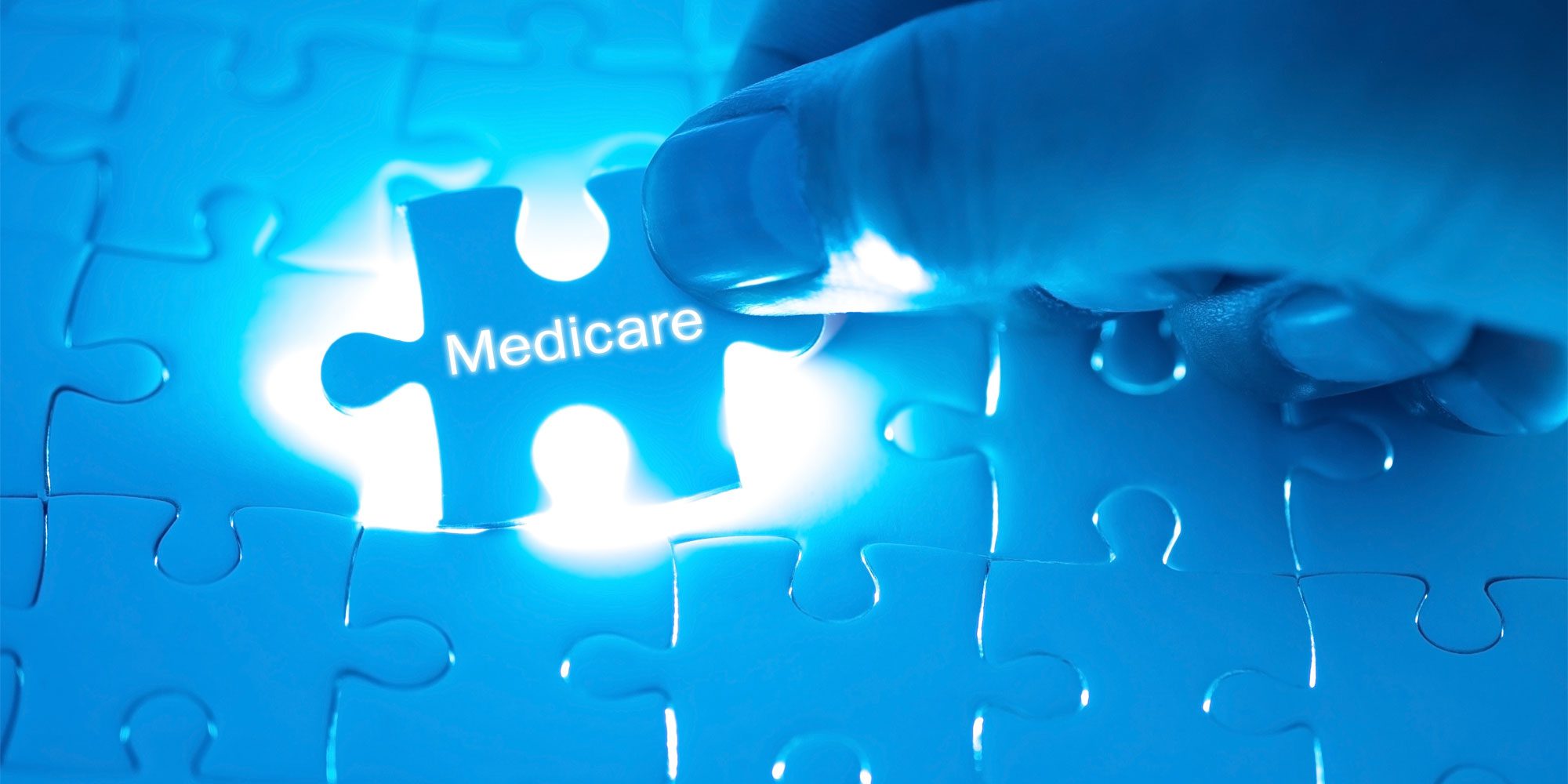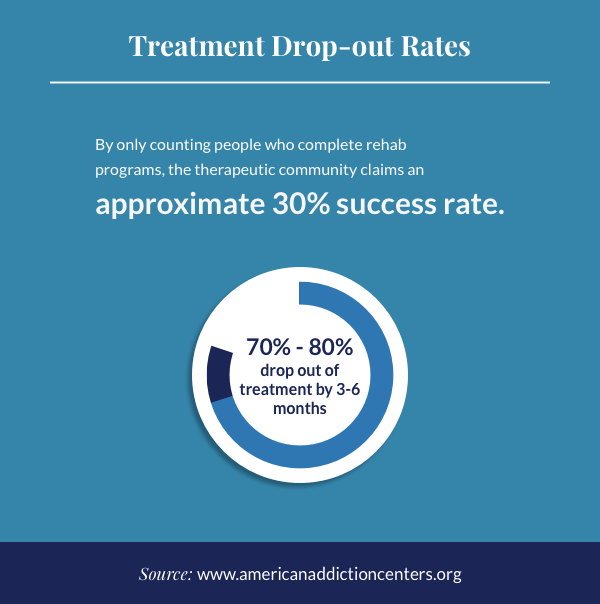You will discover how to acknowledge scenarios in which you are more than likely to drink or utilize drugs and how to avoid these scenarios in the Rehabilitation Center future. You will discover new coping skills. The group sessions are developed to teach you the value of seeking support from others who are going through the exact same experiences and challenges that you are.
In other facilities, they might be assisted in by personnel members. Lots of successful alcohol and drug rehabilitation programs consist of members of your family in your treatment program. Some programs include member of the family and buddies throughout the whole rehabilitation procedure, from the preliminary assessment through continued follow-up aftercare. Research study has actually shown that including friends and family in the instructional process substantially improves rehabilitation outcomes.
Numerous rehabilitation facilities require household members to attend Al-Anon meetings if they wish to visit you while you are in treatment, to learn how they might have been allowing you and contributing to the issue with their actions and reactions to your drug abuse. The common residential alcohol and drug rehabilitation program will last about 28 days, often longer, throughout which you stay in a structured environment where no drugs are alcohol are offered.
By now your counselor most likely knows you well and will recommend the next steps based on where you are on your healing journey. Your aftercare plan may include intensive outpatient treatment, house at a halfway home, presence at 12-step meetings, weekly check-ins with your counselor, and other tips to help you avoid the situations and sets off that might cause you to relapse.
Drug treatment centers have changed an excellent offer over the last few years. In the years previous, treatment for dependency was brought out in hospitals and various kinds of psychological health centers. Nowadays, dependency treatment centers have more of a homelike environment. They can be a safe house from the struggles of dependency, emotional and personal issues.
In reality, the nature of addiction is one that is persistent where relapse can quite take place. In this case the treatment center is a place to go back to and return on track. In some cases it does take more than one stay in a drug treatment center to overcome the dependency.
What Is Initial Establishment Into A Drug Rehab Program Like - An Overview

A drug rehab program may formally last for just a few months, however rehab is much more than just a 90-day repair (what happens in drug rehab). Recovery https://blogfreely.net/jostusir3o/is-a-href-en-wikipedia-org-wiki-hope_rehab_centre-covered-by-medicare-part is a procedure that progresses through a series of phases, and your development in sobriety can continue for the rest of your life. Detox, handled by speaking with doctors, is often the first stage of a drug rehabilitation program, but conquering your chemical reliance is truly only the start of treatment.
The goals of detox are to release your body of alcohol and drugs, help you deal with withdrawal symptoms and to recognize or treat co-existing health conditions. The goals of rehab are to help you become a strong, sober personphysically, mentally and emotionallyto teach you to lead a drug-free life and to help you develop stronger relationships at all levels.
As your body adapts to the absence of alcohol or drugs, you might experience withdrawal symptoms and cravings that are difficult or impossible to endure. When you detox in a medically supervised setting with consulting doctors, you can receive services like intravenous (IV) fluid replacement, pharmaceutical treatment and nutritional support to help you recover more quickly from the effects of withdrawal.
Depending on the drugs you use and the length of time you've been addicted, outpatient therapy might be as efficient as inpatient treatment. Social detox counts on intensive therapy and group therapy to assist you get through the initial phases of withdrawal, with or without the added assistance of medication. After you have actually reached a state where your body is without substances and you're ready to focus on healing, the next stage rehab can take place.
Whether you enroll in rehabilitation at an outpatient center, a residential recovery community or an inpatient program, the facility you select should provide a setting that supports sobriety. The National Institute on Alcoholic Abuse and Alcoholism points out that both outpatient and inpatient treatment can use an encouraging environment that fulfills the client's needs. [i] Outpatient rehabilitation might be proper for you if you fulfill the following requirements: You have moderate to moderate withdrawal symptoms.
You draw strength from staying active in your present social network. You wish to preserve employment and sustain lower treatment costs. Outpatient rehab is frequently more economical than inpatient treatment, however outpatient care isn't the response for everybody. An inpatient setting might be more suitable for you if you fulfill the following conditions: You have serious withdrawal signs.
All About How Effective Is Drug Rehab
You have a major co-existing medical or psychological condition. You have a high danger of regression if you're exposed to your typical environment. Drug rehab is likely to be more efficient if you're removed from the social diversions, temptations and triggers that oblige you to consume or use. Although you can't avoid high-risk circumstances forever, rehabilitation will teach you methods to react to these triggers in a healthy way, so you can minimize your danger of a regression and feel confident about your sobriety.
Short-term programs may last from numerous days to 2 weeks, while longer rehabilitation programs may last 90 days or more. A research study by John Hopkins Medication revealed that patients who lived in recovery real estate after a 14-day opioid detox program depended on 10 times most likely to stay clean and sober.
The more time you need to remain substance-free and practice healthy habits, the much Drug Rehab Center better ready you'll be to deal with life outside of drug rehab. [ii] When you remain in the middle of a dependency to drugs or alcohol, it might appear that these substances are actively triggering your illness. Once you've had the opportunity to cleanse your system and begin the process of rehabilitation, you'll see that alcohol and drugs don't cause addiction; compound abuse is symptomatic of a much deeper psychological condition.
In a study published in Substance Abuse and Rehabilitation, patients who finished an alcohol rehab program were compared to clients who stopped working to complete rehab. The non-completers were found to have greater rates of anxiety, borderline character conditions and attempted suiciderisk elements that can be identified and treated with psychotherapythan the patients who graduated from rehabilitation. [iii] An integrated treatment program for drug or alcohol dependency should help you do the following: Recognize any co-occurring mental health problems that drive your dependency Provide customized treatment for depression, trauma (PTSD) or other co-existing psychological health conditions Correct repetitive, unfavorable thoughts that keep you in an addictive mindset Find out how to pacify the psychological scenarios that set off the desire to consume or use drugs Enhance your sense of self and discover a sense of purpose Construct stronger, more genuine relationships with liked ones, buddies and companies Understand the real nature of addiction and its impact on your life Drug rehab can be a difficult exercise in self-exploration.
